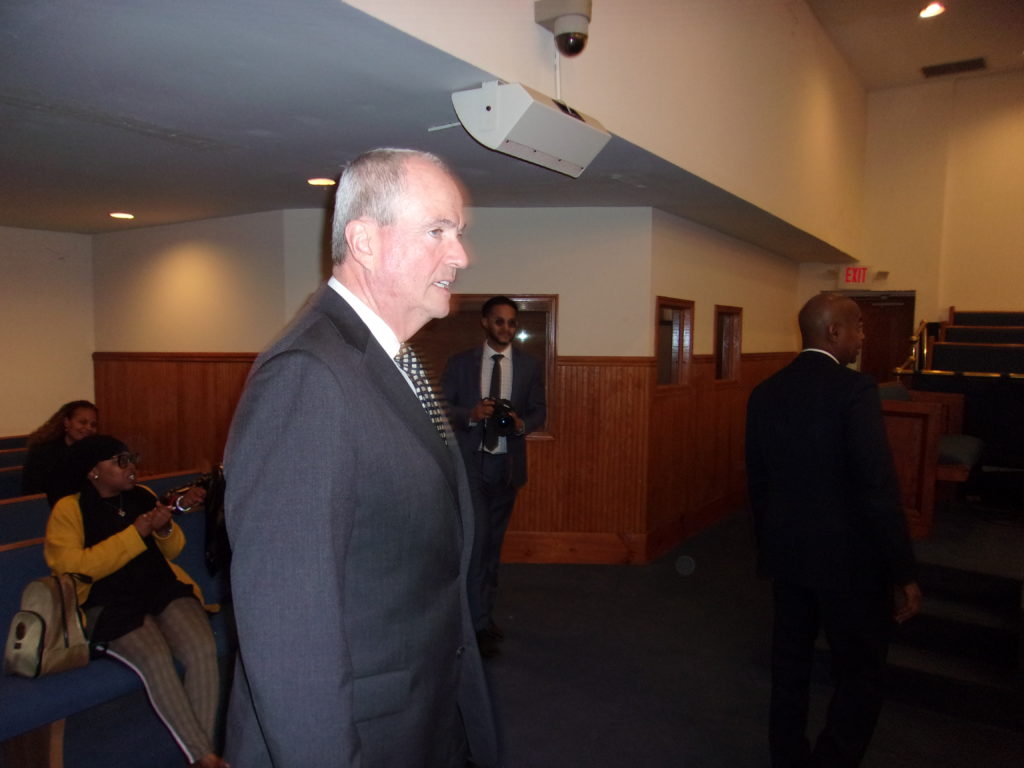Unintended Consequences or the road to Hell is paved with Good Intentions

New Jersey’s plan to raise the minimum hourly wage to $15 has the real potential to harm the low-income families it is meant to help. An hourly wage of $15 for a 40-hour week produces an annual income of $31,200. This income will not provide a “living wage” in New Jersey but, it will eliminate eligibility for some benefits and subsidies that now help families survive. It is critically important to consider the impact of this proposal on early childhood care and education. Providing services which allow parents to work and which promote public school readiness for children are crucial in determining later positive life outcomes.
The federal poverty guidelines set $25,100 as the income limit for a family of four to receive federal aid for Head Start programs and other federally funded programs. A number of programs —the Earned Income Tax Credit (EITC), Medicaid, the Housing Choice Voucher program, Supplemental Nutrition Assistance Program (SNAP), Supplemental Security Income (SSI), and Temporary Assistance for Needy Families (TANF) have income limits below $31,000 for a family of three or even four according to the United States Government Accountability Office.
It should be noted that the Federal Poverty Guidelines are the same for 48 of the 50 states. Hawaii and Alaska have higher levels, but the guide for families is the same in Alabama, Arkansas and Iowa as it is for New Jersey. To highlight the unfairness of those guidelines, the average rent for a two-bedroom apartment in those three states is about $750 a month whereas in New Jersey the rental is approximately $1600; if you can find it. Being poor costs a lot more in the Garden State.
Earning more than the Federal poverty limits would make families ineligible for inclusion in some Federal programs and result in a drop of standard of living.
The drive to raise the minimum hourly wage to $15 in New Jersey will not help people making that or more and it could do real damage to the families who are making less, but who receive federally funded benefits. Two examples are instructive: Private pre-kindergarten school costs in NJ range from $5,000 to $14,000 a year depending on quality and services provided. The income increase for a family with a child in Head Start would result in a net decrease in spendable income if private pre-k was needed. For a family with two children in the Head Start Program, the extra costs would be $6,000 more than the increase in income would provide. In addition to the educational and family support services provided, enrollment in Head Start allows parents to work full time.
Federal Food Stamp eligibility for a family of four entitles them to receive about $500 a month in benefits, or about $6,000 a year. The extra $5,000 a family would earn at $15 an hour would result in a net loss of $1,000 before the income tax implications were considered.
If that family with two children in the Head Start program is also receiving food benefits, the very modest income boost could result in catastrophic increases in costs.
What must be done? Obviously, the income eligibility limits must be expanded so as not to harm our most vulnerable populations. These changes require action by the Federal Department of Health and Human Services so a letter, signed by the members of New Jersey’s Congressional Delegation, asking for changes in poverty guidelines would be helpful. But the change might require an act of our deeply divided congress and with Republicans controlling the Senate and the White House the odds of that happening are low, if not impossible.
It would also be helpful if the legislature took a careful look at what has been a political position and tried to make it fit reality. Will an increase in minimum wage help a good many people? Yes. Will it harm others? The answer is also “yes.” It has been said that life, liberty nor property is safe when the New Jersey legislature is in session so it would be useful if the State Assembly and State Senate committees sat down with some anti-poverty experts to really elevate the economic status of our most vulnerable populations.
Among the several hats he wears, Bob Grant is President, Board of Directors , Head Start Community Program of Morris County






What if we didn't eliminate the "subsidies"? Or what if we changed our frame of reference to recognize "value created" by accounting for the needs of People? If the notional value of land in a community we are ostensibly trying to help were to double, to whom would we attribute the benefit? Perhaps the underlying socioeconomic problems could be solved by establishing locally-accountable banking, credit, and development. Welcome visionary leadership going forward here in The Garden State.